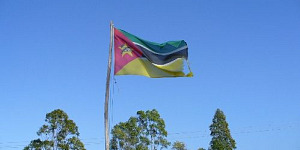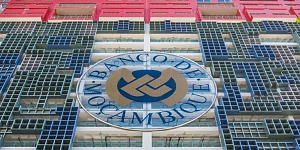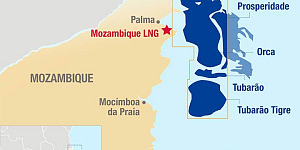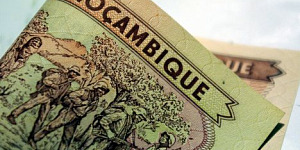Mozambique's central bank raised it monetary policy interest rate for the first time over four years in response to what it said was a "substantial upward revision of its outlook for inflation" due to the continued depreciation of the exchange rate of the metical amid a worsening of the risks and uncertainties from the accelerated spread of the COVID-19 virus, natural disasters and military instability.
The Bank of Mozambique (BOM) raised its monetary policy interest rate (MIMO) by 300 basis points to 13.25 percent in its first rate hike since October 2016. It is the highest policy rate since July 2019.
Between April 2017 and April 2020 BOM cut its policy rate 13 times and by a total of 11.50 percentage points as inflation decelerated from over 26 percent in late 2016 but in recent months the bank's monetary policy committee has warned of an expected rise in prices this year.
hough inflation was still expected to remain in single digits.
In its statement from Jan. 27, the policy committee CPMO said it expected inflation to accelerate in the medium term due to the pass-through from a depreciation of the metical to domestic prices, the end of the government's price containment measures, a rise in virus cases and climate shocks.
In November and December CPMO said it expected inflation to remain below 10 percent but it did not reiterate this forecast in its latest statement.
Instead, CPMO said it expects the risks and uncertainties associated with its inflation forecasts "will worsen substantially"and since its last meeting some risks have materialized and worsened, especially the rapid spread of COVID-19, the occurrence of natural disasters in addition to military instability in the central and northern regions.
Mozambique's inflation rate rose for the fourth month in a row to 3.5 percent in December while the metical has been steadily falling since early January last year and is approaching record lows last seen in October 2016 before inflation began to fall in response to BOM rate hikes in the previous 12 months.
Today the metical was trading at 75.2 to the U.S. dollar, down 0.8 percent this year and down 17.3 percent since the start of 2020. The metical hit a record low of 78.5 to the dollar in early October 2016.
After purchasing a net US$72.4 million in 2020, BOM said the banking system showed fresh foreign exchange pressure at the start of this year and it made net sales of US$16 million as the medical continued to depreciate.
However, the balance of gross international reserves rose to US$4.086 billion as of Jan. 22, enough to cover more than 6 months of imports.
Mozambique's economy shrank by 1.09 percent year-on-year in the third quarter of last year after a 3.3 percent fall in the second quarter and BOM had previously expressed optimism over the outlook for growth this year on the back of the implementation of natural gas projects and a recovery in its exports as the global economy improves due to vaccinations against the virus.
But BOM said it had revised downward its expectations for growth this year, pointing to a rise in COVID-19 cases, military conflict and natural disasters.
Despite the 2019 peace agreement between Mozambique's government and the main opposition group - which put an end to sporadic violence that had dragged on since a civil war ended in 1992 - Mozambique is still seeing violence and fighting with Islamist insurgents close to the northern border with Tanzania.
The fighting threatens the development of Mozambique's huge offshore natural gas fields in the province of Cabo Delgado that were discovered in 2010 and we expected to deliver liquified natural gas in 2024, helping transform the impoverished country's economy.
In December more than 500,000 people had to flee their homes in northern Mozambique due to fighting between the country's army and the insurgents that staged their first attacks in October 2017.
On Jan. 1 this year France's Total cut staff at its $20 billion LNG project in Cabo Delgado as attacks by the militants were getting closer to its site where it is planning an export terminal.
BOM has proposed investing more than half of the country's estimate lifetime revenue of $96 billion from the offshore LNG field in a sovereign wealth fund.







































